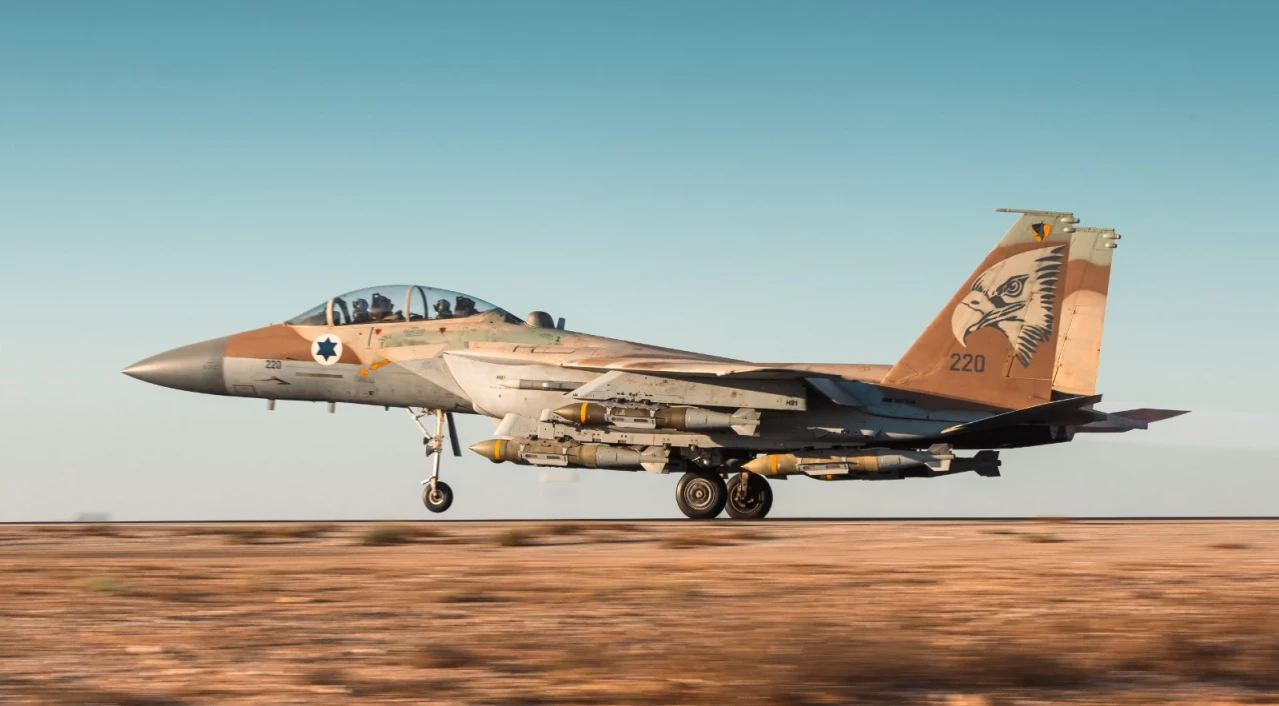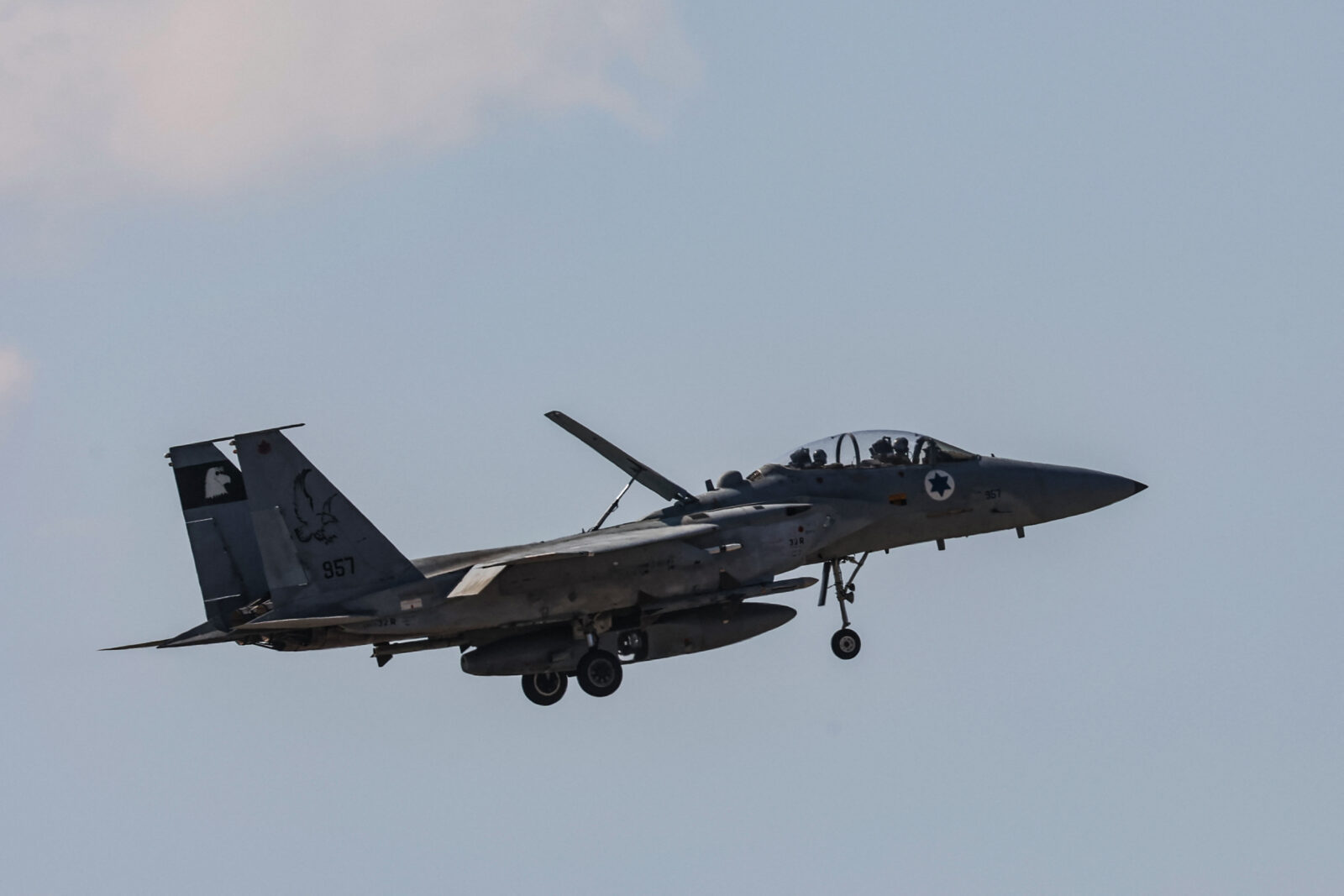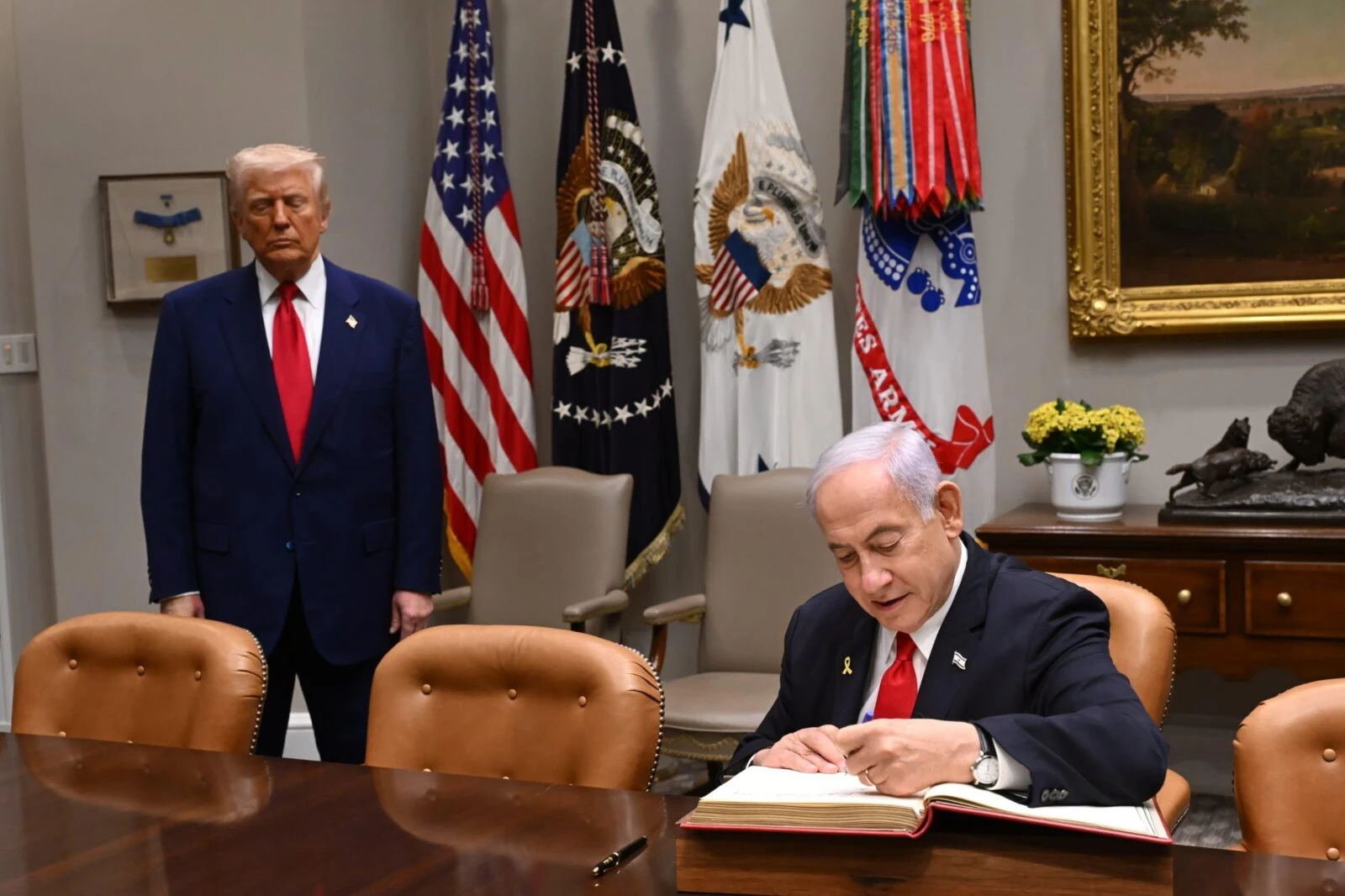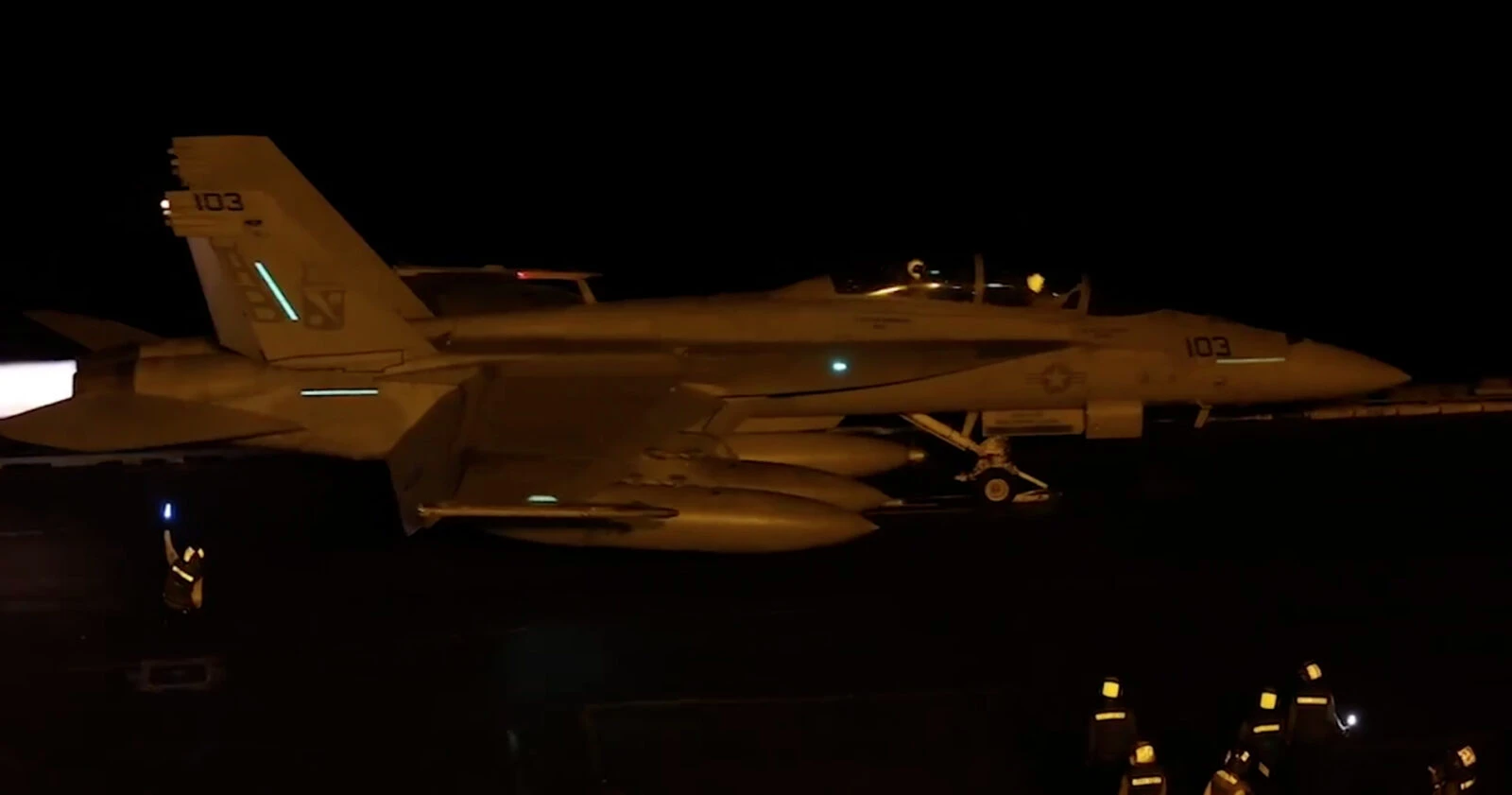Israel planned Iran nuclear strike in May, Trump blocked attack to pursue talks: NYT
 Israeli Air Force's F-15I fighter jets with Mark 84 series bomb that did the airstrike on Hezbollah leader Hassan Nasrallah, accessed on September 29, 2024. (Handout/Israeli Army Photo)
Israeli Air Force's F-15I fighter jets with Mark 84 series bomb that did the airstrike on Hezbollah leader Hassan Nasrallah, accessed on September 29, 2024. (Handout/Israeli Army Photo)
U.S. President Donald Trump reportedly chose diplomacy over military action as Israel prepared to strike Iranian nuclear sites, according to a recent report by the New York Times.
Israeli strike plan aimed to delay Iran’s nuclear program
Israel developed plans to strike Iranian nuclear facilities as early as May, aiming to delay Iran’s ability to develop a nuclear weapon by at least a year, The New York Times reported, citing U.S. officials and individuals briefed on the matter.
The plan required significant U.S. support to succeed and protect against potential Iranian retaliation. However, President Donald Trump intervened, choosing to pursue nuclear negotiations with Tehran instead.

Trump administration debates end in favor of diplomacy
Trump’s decision followed internal debate within his administration, reflecting divisions between officials favoring military action and those warning of a wider regional war.
The consensus that emerged was to give diplomacy a chance after Iran indicated openness to indirect talks. In March, Trump sent a letter offering direct negotiations.
Iran’s response, delivered on March 28, signaled readiness for indirect talks through intermediaries.

Netanyahu lobbied for US participation
Israeli Prime Minister Benjamin Netanyahu had reportedly pushed for immediate action. Israeli plans included both commando raids and a sustained bombing campaign.
The former was deemed unready before October, prompting a shift toward a broader aerial assault that would require American aircraft and logistics.
While some U.S. officials, including CENTCOM head Gen. Michael Kurilla, initially discussed potential support, other officials, such as Director of National Intelligence Tulsi Gabbard and Defense Secretary Pete Hegseth, warned that increased military deployments risked sparking a wider conflict.

Military buildup raised tensions
The U.S. repositioned military assets to the region beginning in March, including a second aircraft carrier, Patriot missile batteries, a THAAD system, and B-2 bombers capable of targeting Iran’s underground nuclear sites. While officially intended for use in the conflict against Houthis in Yemen, these assets were also considered part of contingency planning for a possible Israeli strike.
Despite these preparations, Trump informed Netanyahu during his April 7 visit to the White House that the U.S. would not support a strike while talks with Iran were underway. The next day, Trump confirmed that negotiations had begun.
Alternative measures and future options
Following Netanyahu’s visit, CIA Director John Ratcliffe traveled to Jerusalem to discuss further options, including covert operations and sanctions enforcement.
According to National Security Council spokesman Brian Hughes, the administration remains committed to preventing Iran from acquiring a nuclear weapon. “All options remain on the table,” he said.
Despite halting the strike, U.S. officials acknowledge that a military option could return if diplomatic talks fail.



